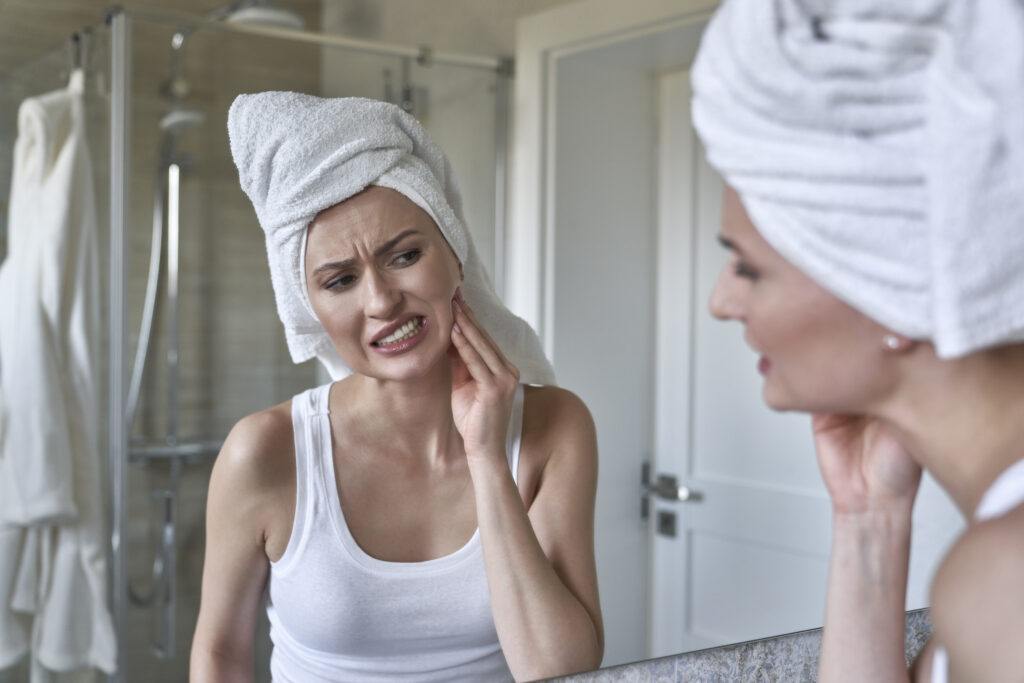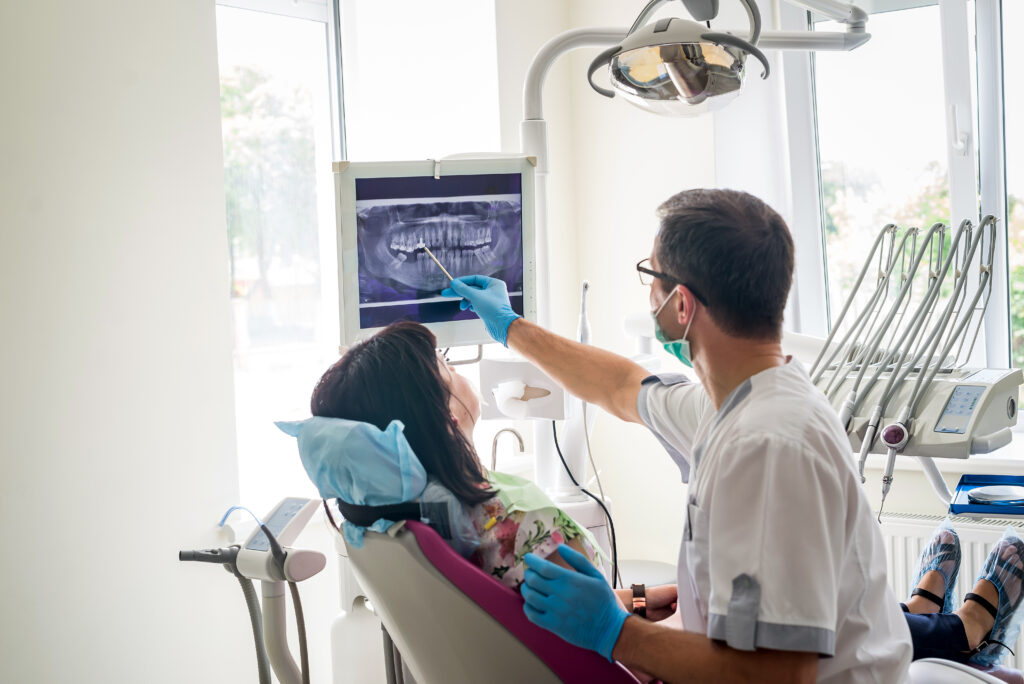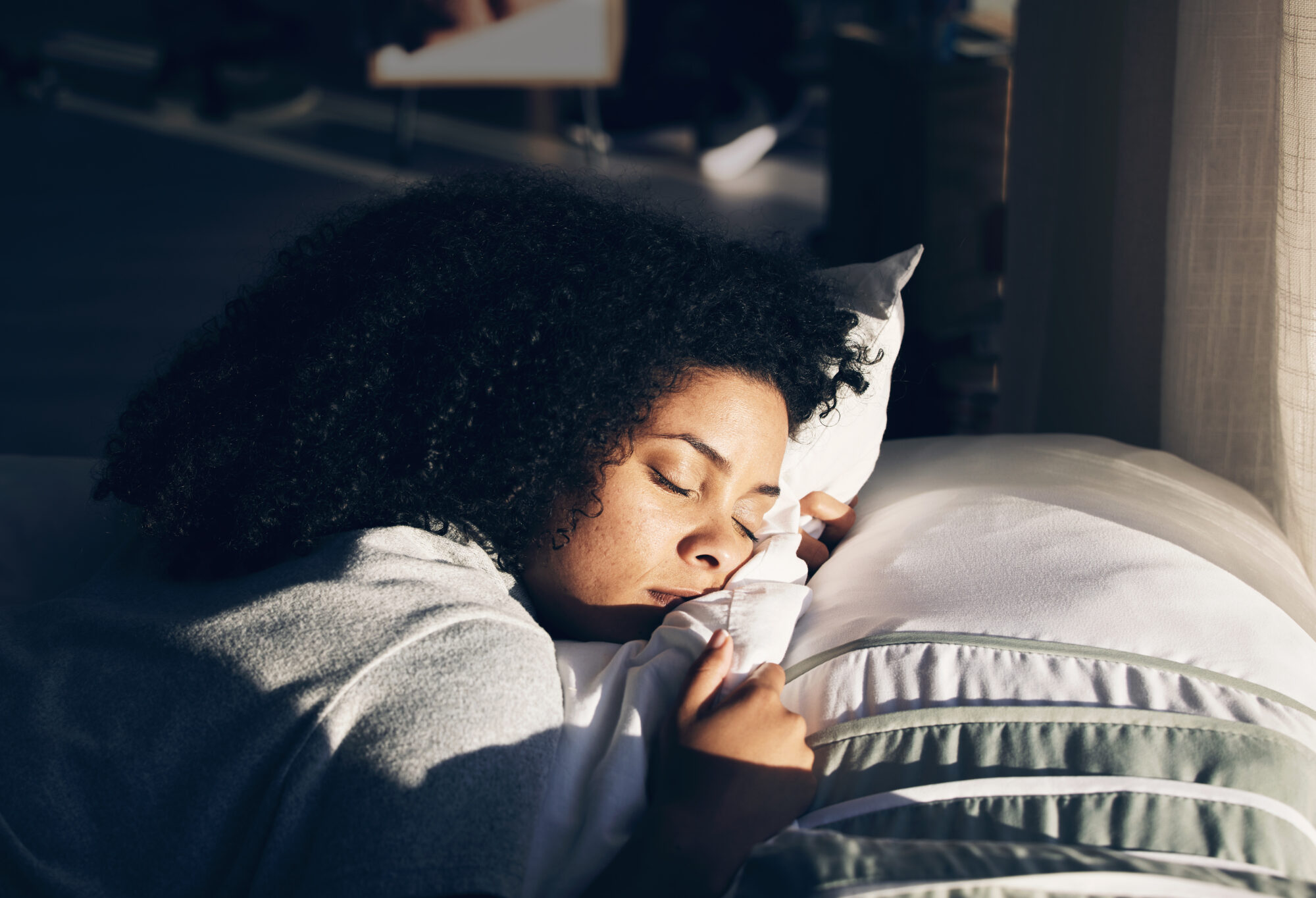Understanding and Addressing Teeth Grinding in Your Sleep
Teeth grinding, also known as bruxism, is a common yet often overlooked dental issue that affects people of all ages. While it can occur during waking hours, it is particularly prevalent during sleep, making it a challenging problem to identify and address. In this comprehensive guide, we will delve into the various aspects of teeth grinding, exploring its causes, symptoms, potential consequences, and effective strategies for prevention and management.
Understanding Teeth Grinding
What is Bruxism?
Teeth grinding, or bruxism, refers to the involuntary clenching or grinding of teeth. It can manifest both during the day and at night, but nighttime grinding is particularly problematic due to the unconscious nature of the behavior. Many individuals may not even be aware that they are grinding their teeth in their sleep until they experience symptoms or their dentist identifies signs of wear on their teeth.
Causes of Teeth Grinding
Several factors contribute to teeth grinding, and these can vary from person to
person. Some common causes include:
- Stress and Anxiety: High levels of stress or unresolved anxiety are often
linked to bruxism. The grinding of teeth may serve as a subconscious way for
the body to release tension. - Malocclusion: Misalignment of teeth, also known as malocclusion, can
contribute to bruxism. The discomfort caused by an improper bite may trigger
grinding as the body attempts to find a more comfortable position. - Sleep Disorders: Conditions like sleep apnea or snoring may increase the
likelihood of teeth grinding. The body’s response to interrupted sleep may
involve clenching or grinding of the teeth. - Lifestyle Factors: Excessive alcohol consumption, smoking, and the use of
recreational drugs have been associated with an increased risk of bruxism.

Recognizing the Signs and Symptoms
Teeth grinding often goes unnoticed, especially if it occurs during sleep. However, there are several signs and symptoms that may indicate the presence of bruxism:
Worn Tooth Enamel
Dentists can often identify teeth grinding by observing the wear patterns on the enamel of the teeth.
Jaw Pain and Tension
Persistent pain or tightness in the jaw, especially upon waking, can be a sign of nighttime teeth grinding.
Headaches
Regular headaches, especially in the morning, may be linked to the muscle tension and strain caused by bruxism.
Sensitive Teeth
Increased tooth sensitivity, particularly to hot or cold temperatures, can be a consequence of enamel erosion due to grinding.
Disrupted Sleep
If a partner notices the sound of grinding during the night, it is a clear indication of bruxism. Additionally, disrupted sleep and fatigue may be associated symptoms.
The Consequences of Untreated Bruxism
Ignoring or neglecting teeth grinding can lead to various dental and overall health issues:
Dental Damage
The constant grinding can wear down the enamel, leading to tooth sensitivity, fractures, and even tooth loss in severe cases.
TMJ Disorders
Bruxism can contribute to temporomandibular joint (TMJ) disorders, causing pain, clicking, or limited movement of the jaw.
Chronic Pain
Persistent teeth grinding can result in chronic facial and neck pain, impacting overall quality of life.
Sleep Disruptions
Bruxism may exacerbate sleep disorders, leading to poor sleep quality and increased daytime fatigue.

Prevention and Management Strategies
Addressing teeth grinding involves a multifaceted approach, considering both lifestyle changes and therapeutic interventions:
Stress Management
Techniques such as meditation, yoga, and deep breathing exercises can help manage stress, reducing the likelihood of bruxism.
Oral Appliances
Dentists may recommend the use of custom-fitted mouthguards or splints to protect teeth from grinding and alleviate jaw tension.
Behavioral Therapy
Cognitive-behavioral therapy (CBT) can be effective in identifying and addressing the underlying causes of stress and anxiety contributing to teeth grinding.
Orthodontic Treatment
In cases where malocclusion is a contributing factor, orthodontic treatment to correct the alignment of teeth may help alleviate bruxism.
Medication
Muscle relaxants or medications prescribed by a healthcare professional may be considered in severe cases of bruxism.
Lifestyle Modification
Limiting alcohol and caffeine intake, avoiding tobacco and recreational drugs, and establishing a regular sleep routine can contribute to overall oral health.
Seeking Professional Help
If you suspect that you or someone you know is grinding their teeth, seeking professional dental advice is crucial. Dr. Peterson can conduct a thorough examination, identify signs of bruxism, and recommend an appropriate course of action. Additionally, if bruxism is suspected to be related to stress or anxiety, consulting with a mental health professional can provide valuable insights and therapeutic strategies.

Conclusion
Teeth grinding in your sleep is a widespread issue with potentially serious consequences for both dental and overall health. Awareness of the signs and symptoms, understanding the potential causes, and implementing preventive measures are crucial steps in managing bruxism. By adopting a holistic approach that combines stress management, lifestyle modifications, and professional interventions, individuals can safeguard their oral health and promote better sleep quality. Don’t let the nighttime grind take a toll on your well-being – let Peterson Family Orthodontics help you take the proactive steps to unmask and address this common dental concern.

